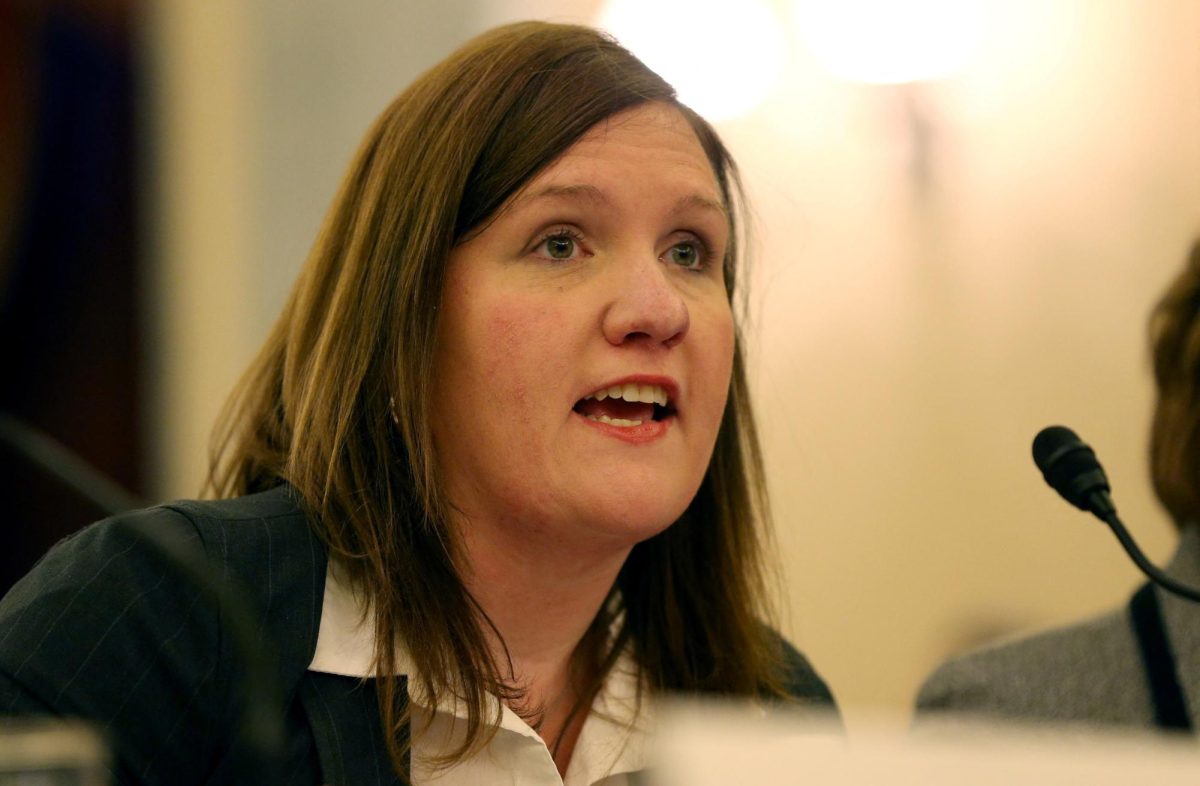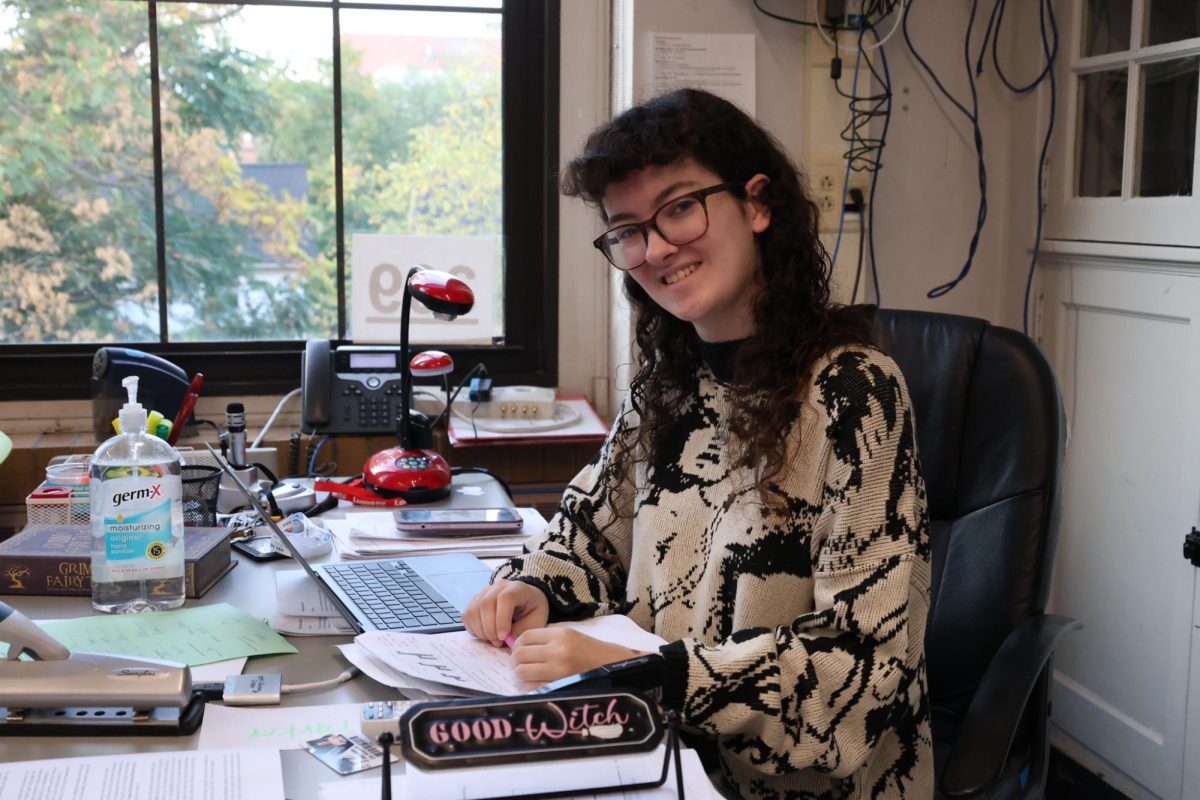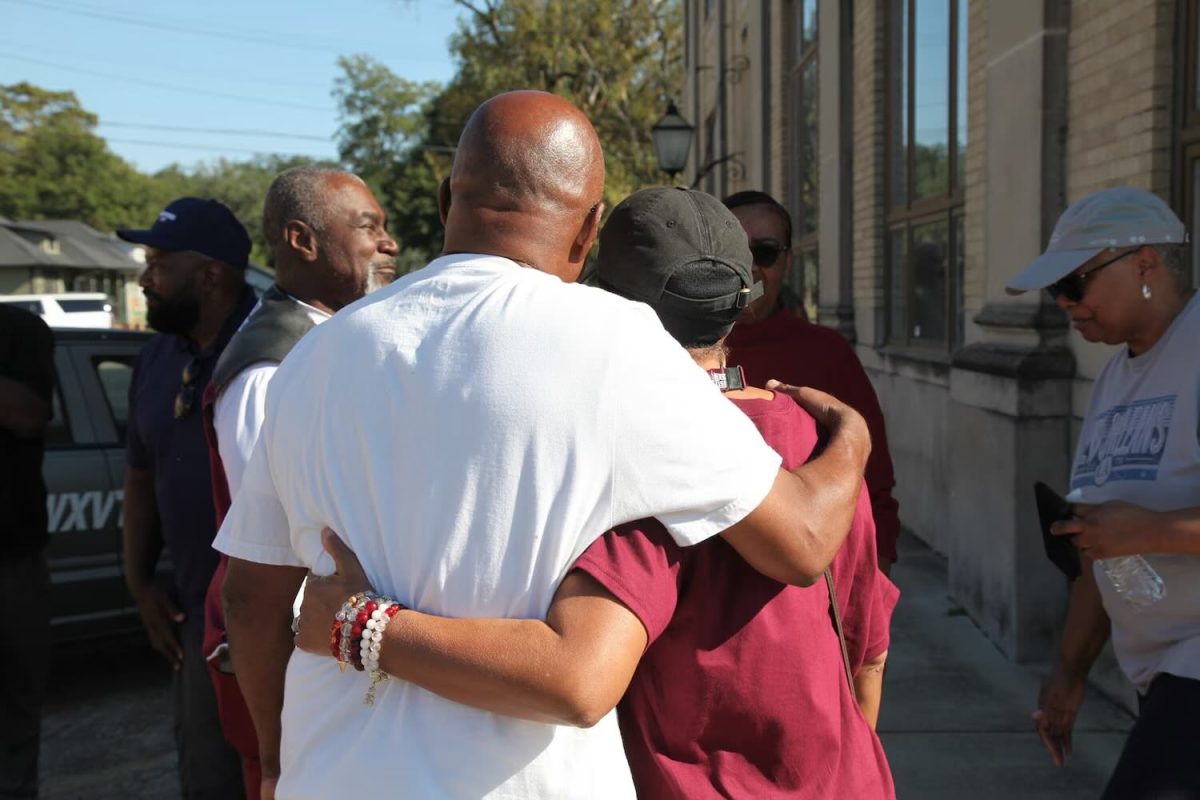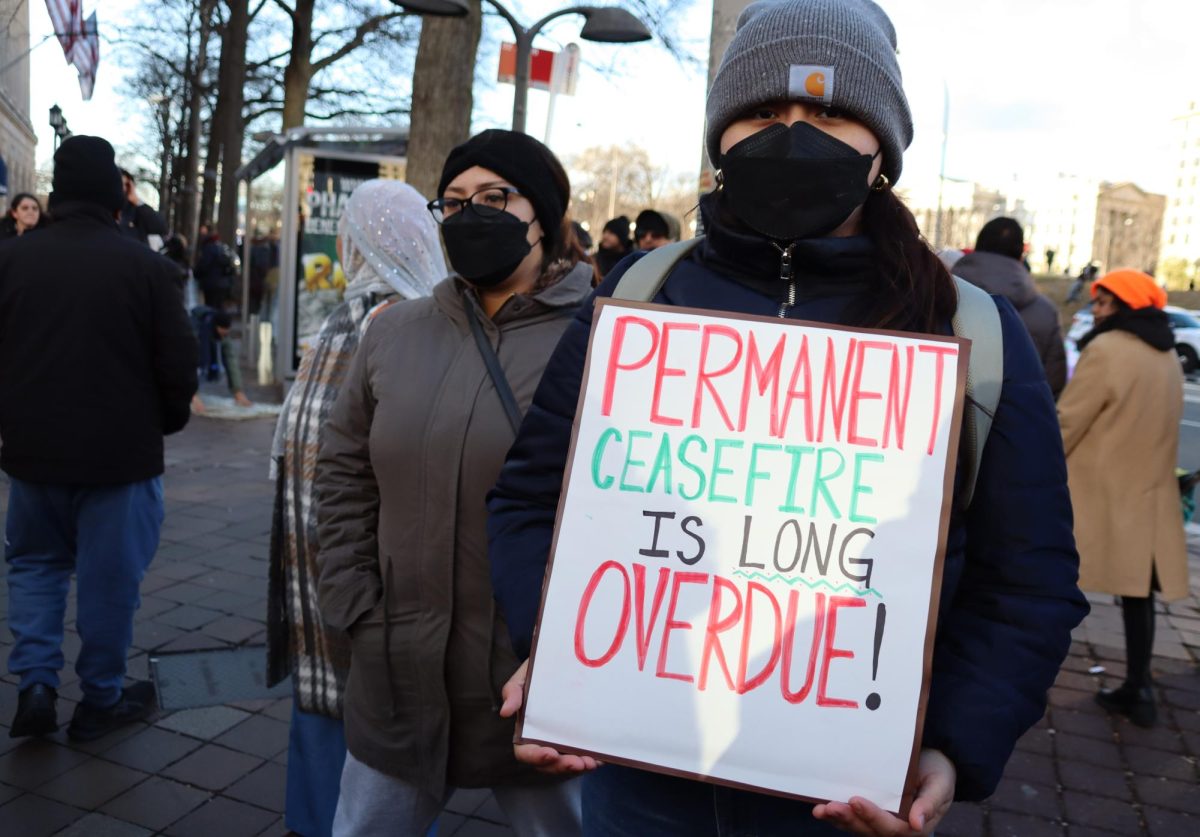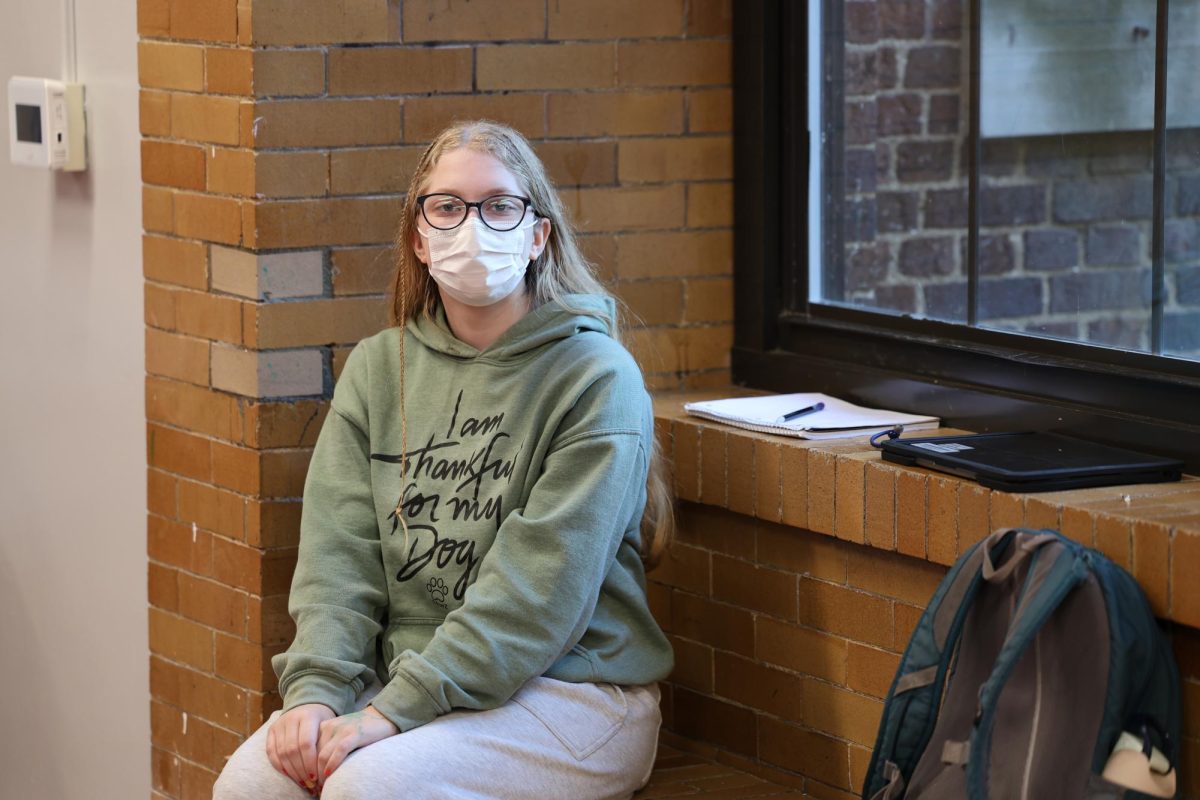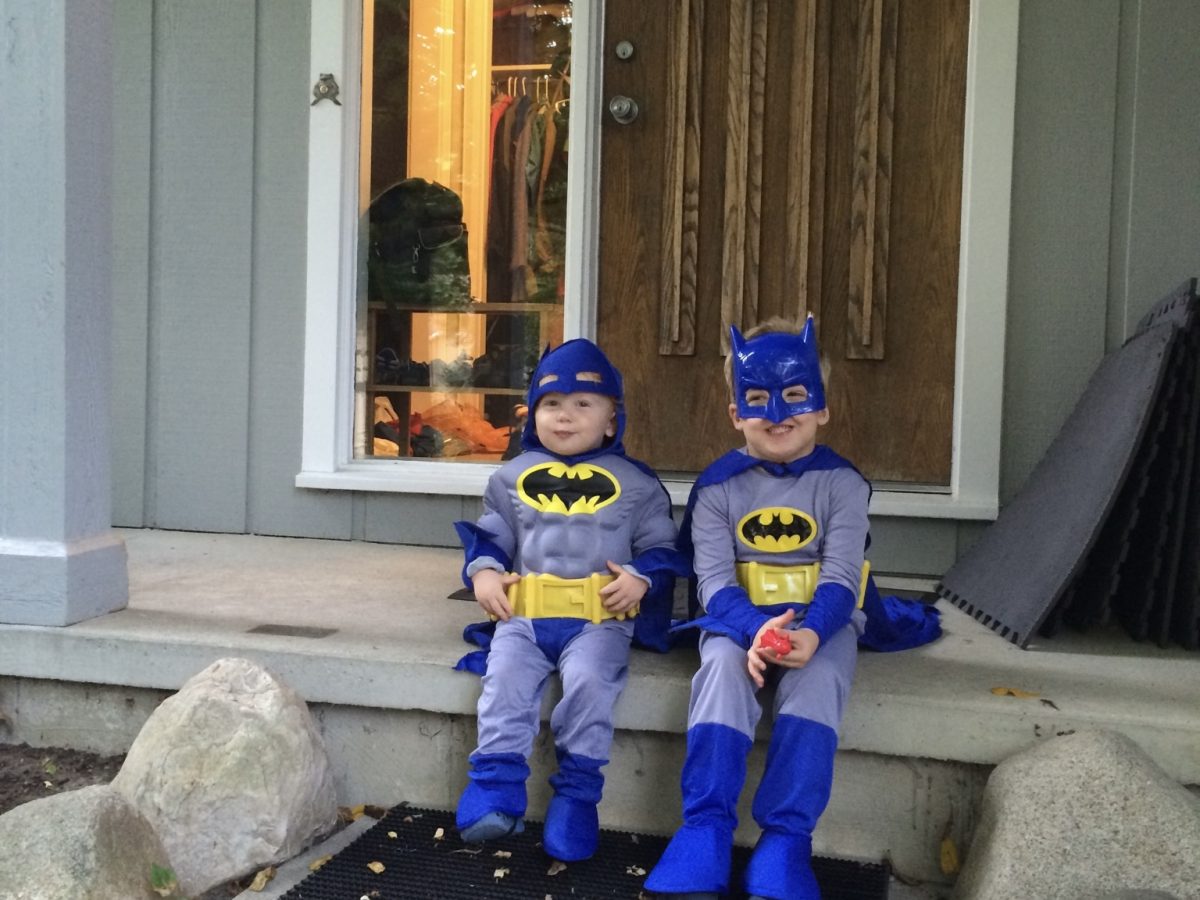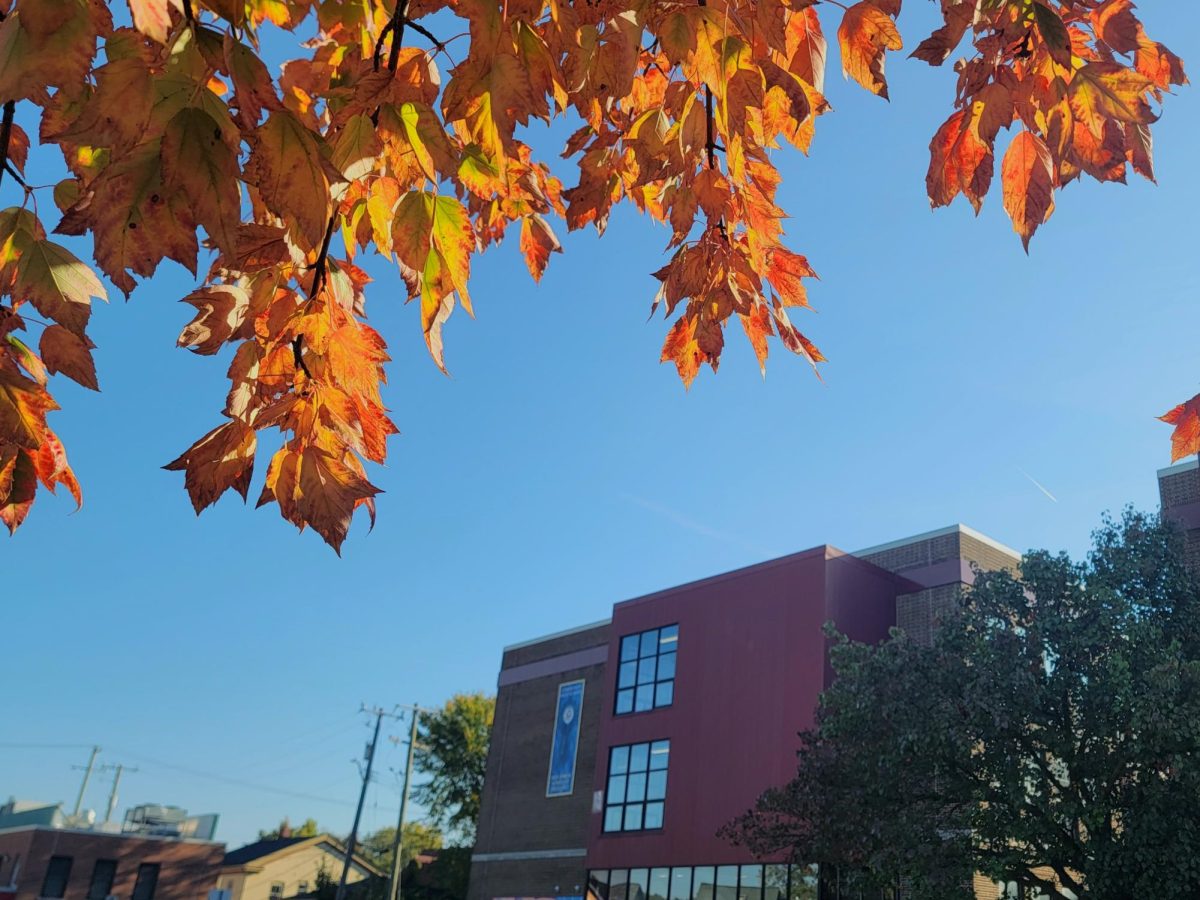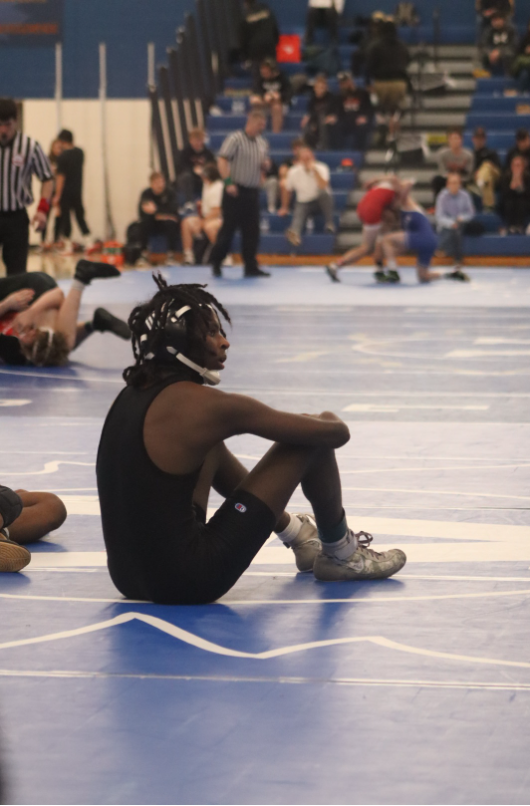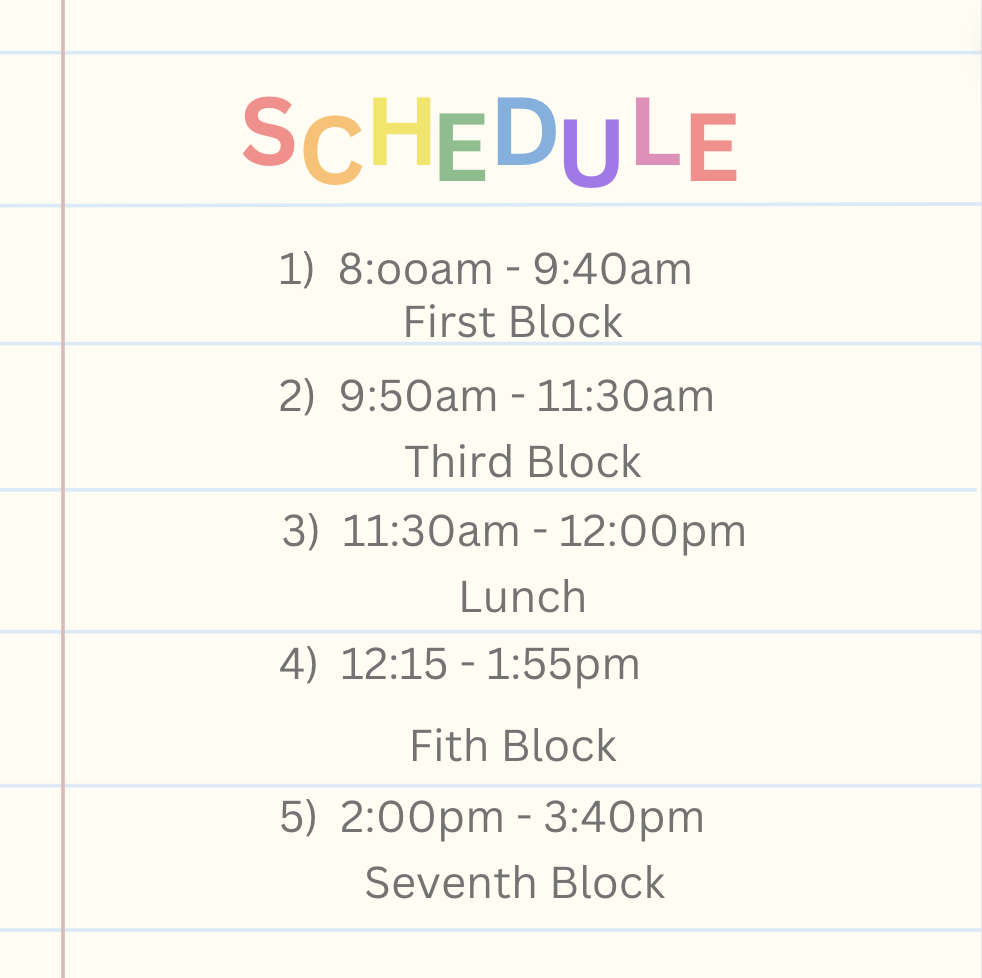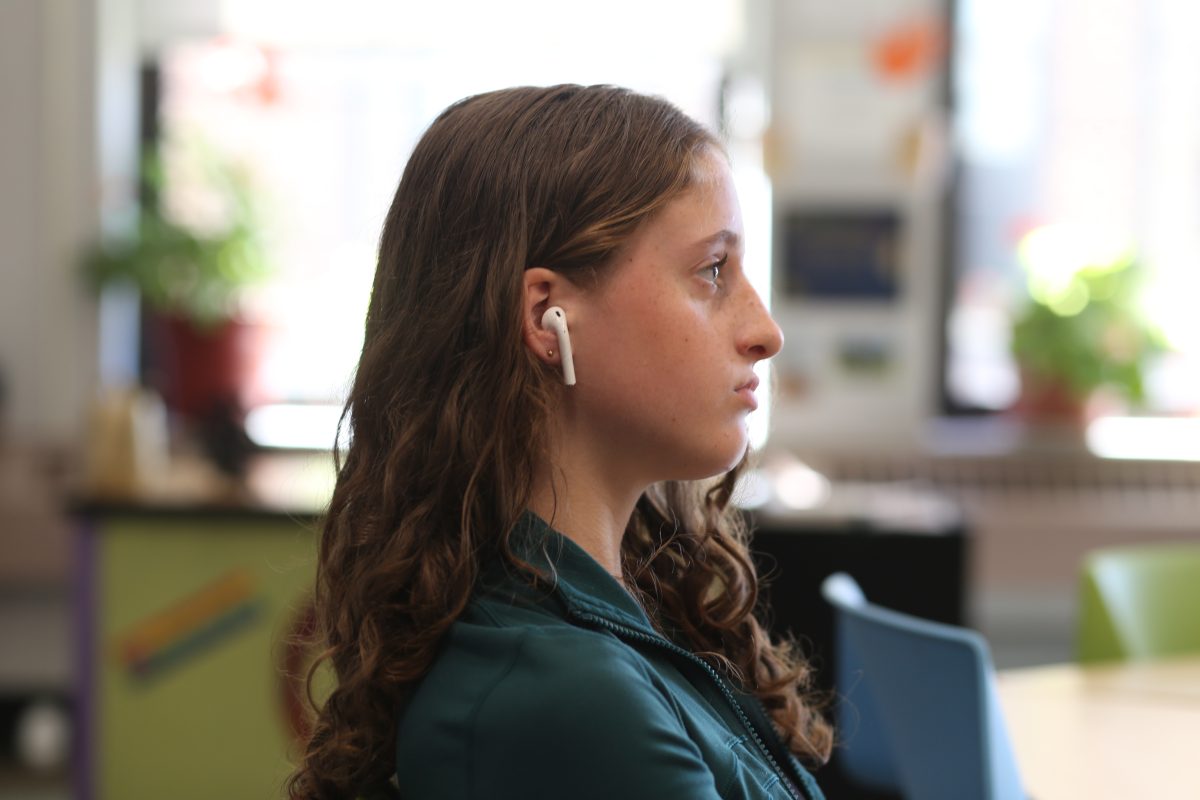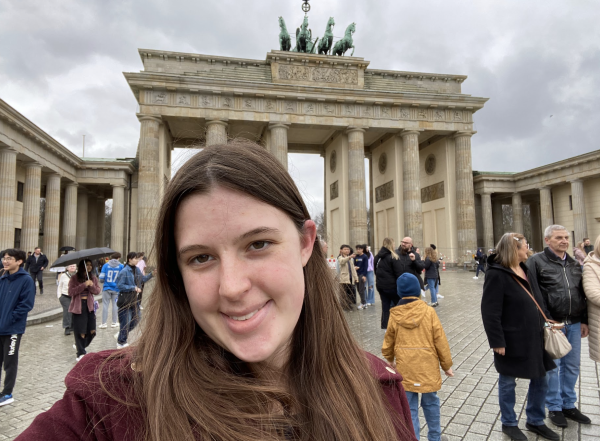This year, many Ann Arbor Public Schools (AAPS) students registered to take an AP exam offered by College Board. There are currently about 3,200 exams registered for, generating a total of approximately $416,000 in exam fees. This is a rough estimate, as some may qualify for a reduced fee and some may have registered late resulting in a late fee. Each exam costs $130, so two exams would cost $260, provided you register before the Nov. 8 deadline. If a student takes more than one exam, then the cost for the party footing the bill is even higher since the charge is per test, not per person. Except these aren’t the requirements College Board dictates. The fee College Board only charges $98 per exam, $32 less than AAPS. College Board’s late fee also only goes into effect if you register after Nov. 15, as compared to AAPS’ Nov. 8.
There are reasons for this, however. In the case of the price difference, the two main factors are the rental of the testing center and the wages for proctors. AAPS historically holds AP testing at the Eastern Michigan University (EMU) student center. According to the finance department, AAPS paid EMU $21,133 last year for the full two weeks of testing. The price has yet to be determined for this year, as the number of additional, smaller rooms for students with accommodations has not been finalized.
Proctors are paid approximately $17.50 an hour, and there can be up to 20-30 proctors during exams, especially those popular in the sense that many students take them, such as AP Calc AB and BC.
College Board recognizes that districts may have to increase their price based on these factors, although they don’t recommend charging more than the stated price they stated in an email communication.
AAPS had a registration deadline of Nov. 8 this year for semester-one and year-long courses. College Board’s deadline was Nov. 15, which leaves a week-long gap between the dates. That may seem odd at first, but there is only one person in the entirety of the school district who registers each exam. That would be Cory McElmeel, the Lead Principle of Advanced Placement, Accreditation and Administrative Support, who stayed up on the final night to make sure each registration made before Nov. 8 was submitted. This allowed him to refund the $40 late fee for those who registered between Nov. 8 and Nov. 15, as College Board does not impose that fee until after Nov. 15. This follows College Board training.
“I expect to continue this process as long as I oversee AP,” McElmeel said. “I do not foresee this changing unless the College Board chooses to change its training.”
So, maybe the discrepancy in cost makes some sense, but are APs worth it or necessary?
“I wouldn’t necessarily think we need an AP exam to prove that you’re, you mastered this subject,” Natalie Guo, a junior at Pioneer High School, said. “For example, let’s say biology. We don’t need an AP Bio exam, because there is this thing called the USABO which is very similar, I would say better than the AP exam itself.”
USABO is the USA Biolympiad, which is a biology-based competition. There is a fee of $95 per school, as compared to the $130 per person for the AP Biology exam given by AAPS. Guo also cited being able to take the USABO test from home as an additional benefit over the AP exam, as students don’t have to be in the crowded environment in the ballroom at the EMU student center.
Guo also believes that certain AP exams aren’t set up in a sensical manner. The example she used was the AP Language exam, which has an essay portion in which students are given two hours and 15 minutes to read three passages and write three different types of essays to go with them. Excluding the 15-minute reading period, that’s 40 minutes per essay.
“[I think it] is very impractical in life, and I don’t see how they show you are ready for college classes because I don’t think you ever need to write an essay in 40 minutes,” Guo said.
CHS doesn’t have any official AP courses, but rather the school has a few courses that follow the AP curriculum. Some or many students will opt to take the AP exam in May for these courses. Upon the suggestion of having a similar setup but preparing for an open competition like USABO instead of the AP exam, Guo agreed that may be a better way to go.
“Other than the amount of money you have to pay for the AP exams, I feel like there should have been just an option for other people to take,” Guo said.
Since the exam is an “open” exam, there are an unlimited number of slots per school for students to fill. The initial exam is also online, with the top 20 finalists attending an in-person training event in May.
Guo also questioned the culture surrounding AP courses.
“I don’t think it’s that good necessarily because it places a sort of certain value over someone just because of how many relatively difficult classes you take,” Guo said. “I feel like it’s better to not have APs in general because it kind of kind of makes you feel like you’re supposed to be taking a hard class and even though it’s offered in high school, and if you’re struggling in it, and you have to drop or make you feel like you’re not good enough.”
Another issue with AP exams is the timeline in which registration and payment occur. While the exams are in May, the deadline to register is in November before the majority of the curriculum is taught. This can especially be an issue for CHS students since no courses are officially AP.
“I didn’t even know that there was an AP Physics curriculum at Community until [Jonathan Thomas-Palmer, the Foundations of Science 4 Physics teacher] said it in class this year,” Indigo Guikema, a CHS senior intending on studying physics, said. “So [I had] to decide, ‘Okay, am I actually going to be able to push myself to learn all this stuff before then? Do I want to commit to that and then pay all that money?’ Like you have to decide before you basically even start the curriculum really, and so it’s kind of rough I would say.”
Guo agreed, despite attending a school providing AP courses.
“I feel like [the deadline] definitely could be later because classes don’t get harder until like around November or December and when you’re supposed to make the decision [in November], you’re not sure whether you want to take or you don’t want to take it because a large majority of information you’re about to learn has not been taught yet,” Guo said.
The cost and time discrepancies between AAPS and College Board make sense for the most part, but the investigation brought up many other questions for me. Are AP courses and exams really necessary if there are events such as USABO that are cheaper and have later deadlines, all while being just as rigorous? Should the registration deadline even be as early as Nov. 15, if students don’t know what they’re getting into until the end of Semester 1? If that weren’t ever going to be possible, why is there only one person registering students for the district? If there were more, could the registration deadline be pushed closer to Nov. 15?






